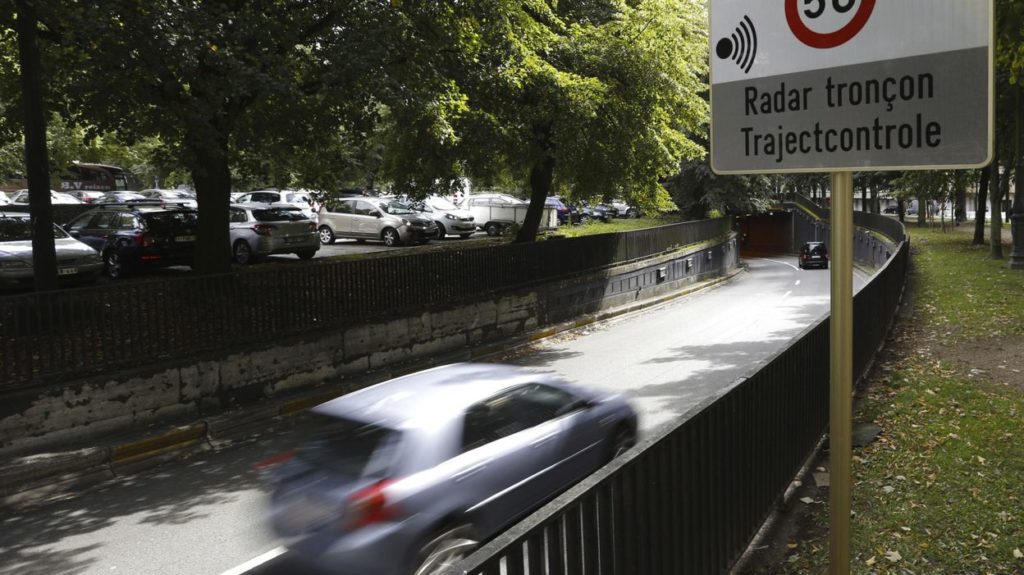The phenomenon of street racing in Brussels is becoming more and more frequent, but the regional authorities are struggling to tackle it adequately.
Street racing is a growing problem across Belgium. Already last year, police in Brussels warned that they observed a rise in reckless behaviour, but in some neighbourhoods in the capital region, it is now a daily occurrence.
Brussels MEP Els Rochette (one.brussels-Vooruit) denounced the fact that every police zone has its own way of recording these crimes, making an analysis at the regional level impossible.
For example, in the Brussels Zone North, 268 cases of inappropriate speed were recorded, and 39 cases of dangerous driving. This year this figure already stands at 41 and 12. Meanwhile, the Brussels-Ixelles Police Zone does not have specific figures on the number of offences but does count the vehicles it seizes.
"There is no cooperation between police zones and municipalities, while regional coordination is also virtually non-existent," said Rochette, adding that even municipalities within the same police zone do not collaborate on this matter.
Understanding gravity of issue
Municipalities and police zones have individually taken measures to tackle this issue, but Rochette argued that these "do not seem to be sufficient to permanently curb the phenomenon of street racing."
During a Mobility Commission session last year, the gravity of the situation was already brought up, and the region's road safety plan called for better cooperation between municipalities and police zones to curb the life-threatening problem, but since then, nothing has changed.
She argued that Brussels Mobility Minister Elke Van den Brandt indicated a year ago to bring the different police zones together to share each other's good practices. For example, police zone South uses camera images to track and seize vehicles.

A traffic sign announces a new section control speed camera system in a 30 km/h zone. Credit: Nicolas Maeterlinck/Belga
"If the use of camera images proves effective in tracking down street racers, why don't other police zones follow suit? Surely the cameras are already there," said Rochette.
She added that a working group on this issue has not yet been set up nor is one on the cards. Meanwhile, the promise to allocate more staff to the checks and sanctions team at Brussels Mobility has not been fulfilled due to a lack of candidates.
Need for coherence
According to Rochette, the Region must urgently take responsibility and motivate police zones and municipalities to cooperate more with each other. "There is a need for a coherent policy, to actually punish offenders and improve road safety throughout the region."
Van den Brandt commented that the coordination of police zones is not her competence. "I too am asking for the unification of police zones, but as long as that is not the case, I will make the most of my competence: aim for zero road deaths by 2030."
She added that the current government is doing "some historic catching up" by implementing a 30 km/h speed limit on nearly all streets, investing in 60 new speed cameras, and increasing speed checks, among other measures.
"We also sharply increased subsidies to municipalities and police zones specifically for road safety actions," she concluded.

